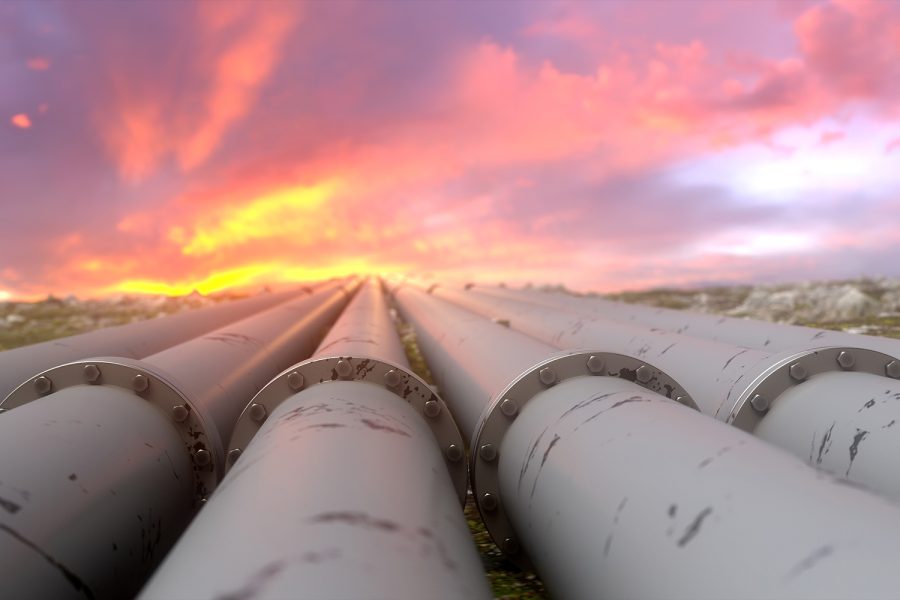Opinion | CCS pipelines are necessary
If we are going to do our part in combating climate change, we need carbon capture security pipelines.
April 2, 2023
The Iowa House would rather protect landowners than fight climate change.
Or, at least that’s what the House indicated when they passed another terrible bill this past week restricting the amount of land that could be acquired through eminent domain to build proposed carbon capture security pipelines.
The three companies building carbon capture security pipelines in Iowa would need to voluntarily acquire 90 percent of the land needed to build the pipeline. Simply put, only 10 percent of the land can be acquired through eminent domain.
This bill makes it difficult to build the carbon capture security pipeline, a tool necessary to help facilitate the transition from fossil fuels and mitigate the effects of climate change.
Critics of carbon capture security pipelines point out that there could be potential issues with leakages and that transporting carbon underground could have detrimental effects for the local environment.
This notion, while holding some merit, assumes that the construction of carbon capture security pipelines will be made of cheap and unsafe material. The reality is that carbon capture security pipelines are safe, and accidents will be rare as long as pipelines are kept up to date.
Furthermore, some take issue with how the pipeline will be built and its utilization of eminent domain or the appropriation of private land for public projects.
However, climate change is a collective action problem, and the importance of biofuels to Iowa’s economy is greater than concerns for land ownership.
It is estimated that climate change has caused billions of dollars of damage to Iowa already, and the rate of flooding has increased dramatically, putting the lives of thousands of Iowans at risk.
The benefits of installing the carbon capture security pipelines outweigh the concerns of landowners.
The Iowa Constitution mandates that the people who have their land possessed by eminent domain must be entitled to financial compensation.
In addition, the installation of carbon capture security pipelines is important for Iowa because of the widespread use and cultivation of ethanol in the state. It is estimated that Iowa produces 30 percent of the nation’s ethanol, or more than 4.5 billion gallons a year. This translates to 48,000 jobs and nearly $5 billion a year for the state.
However, ethanol is also problematic because of how much carbon dioxide is emitted from the ethanol refinement process and use. While substituting ethanol for pure gasoline reduces emissions by 40 percent, ethanol still emits 5,030 kg per hectare of CO2 into the atmosphere. In other words, ethanol is a dirty fossil fuel.
This is where the carbon capture security pipelines come in. The process of carbon capture involves trapping the CO2 produced from the refinement process at ethanol plants and transporting it via pipeline to an underground site.
Installing carbon capture security pipelines would mean that Iowa is doing its part in helping the U.S. achieve net zero emissions by 2050, as carbon capture security would reduce emissions from ethanol by 30 percent.
In a world where we need to get to net zero carbon emissions by 2050 if we are going to mitigate the effects of climate change, carbon capture security pipelines have to be installed.
This will allow the ethanol industry to continue operating in Iowa while also protecting our environment and making it safe for all.
Columns reflect the opinions of the authors and are not necessarily those of the Editorial Board, The Daily Iowan, or other organizations in which the author may be involved.














